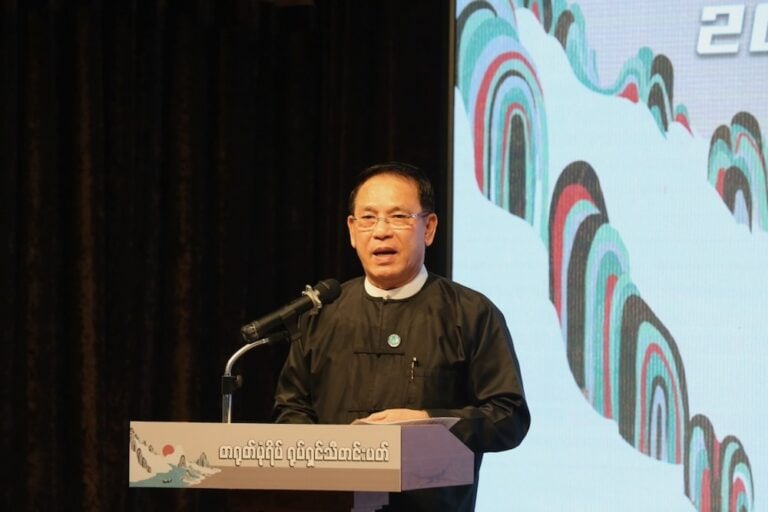(Mizzima/IFEX) – The media in Burma are alarmed at the plan of the junta’s Press Scrutiny and Registration Board – better known as the Censors’ Board – to censor the digital copies of articles to be published in Burmese journals and magazines. Burmese journalists said they see this new system as impractical as the Internet […]
(Mizzima/IFEX) – The media in Burma are alarmed at the plan of the junta’s Press Scrutiny and Registration Board – better known as the Censors’ Board – to censor the digital copies of articles to be published in Burmese journals and magazines.
Burmese journalists said they see this new system as impractical as the Internet speed in the country is too slow for downloading and uploading of such a big amount of files.
Also, an editor who usually deals with the Censors’ Board said this new system which uses digital and electronic media to censor articles will enable the censors to manipulate the contents of each article as they can easily insert the text they themselves have written.
The editors and publishers of literary journals, newspapers and magazines currently submit hard copies of their forthcoming articles to the Censors’ Board. The board will soon require them to submit soft copies stored in either compact disc or memory stick.
This new system will be introduced first to weekly journals and will be later expanded to other print media, according to one of the censors.
The board will read and evaluate the articles through a computer system linked together with a local area network.
In the first stage, printed copies of the censored articles and layouts will be sent back to the print media concerned, followed by their corresponding soft copy. After the publication has incorporated the revisions made by the censors, the modified soft copy will be sent back for final approval.
A staff from this department said that a trial run is being conducted.
Another Censors’ Board official said that the current system of requiring print media outlets to submit two-thirds of the total pages one week before the publication date, with the rest to be submitted two to three days prior to publication, will remain unchanged.
Aside from revising and deleting certain pictures, illustrations and texts of the publications, the Censors’ Board also asks various government ministries and departments whether to delete or not news and articles written about them.


